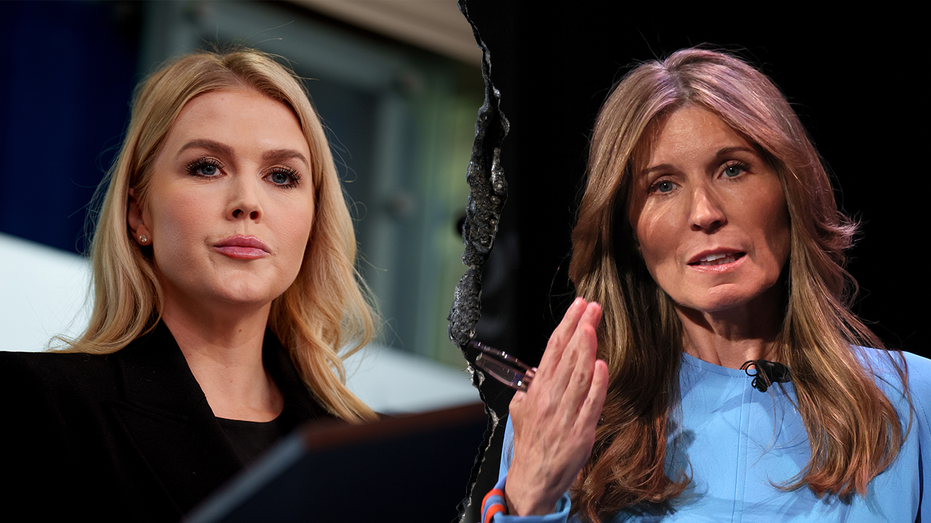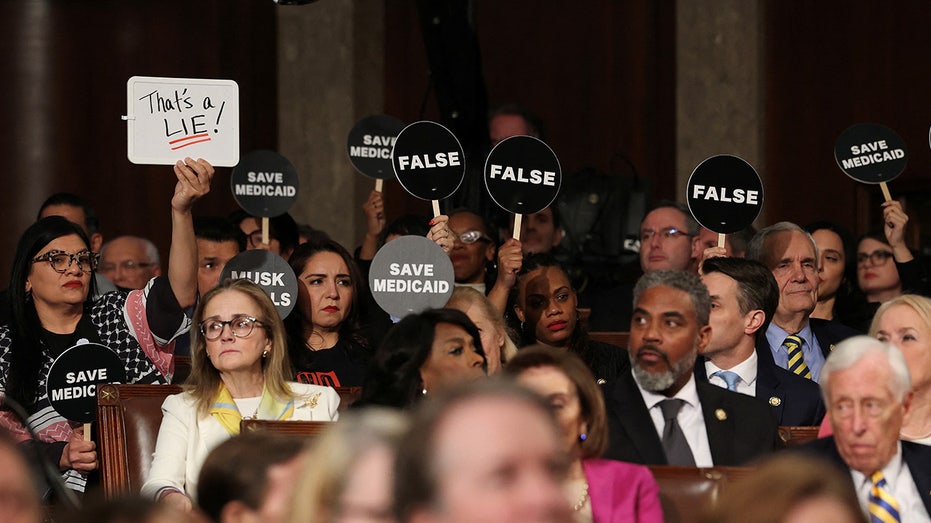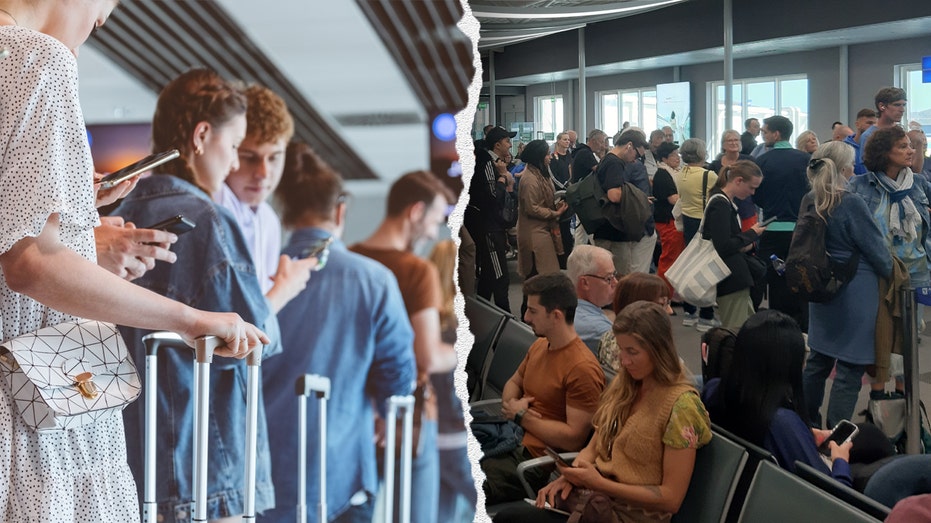- by foxnews
- 06 Mar 2025
?Appalling? Medicare telehealth cuts must be delayed to protect vulnerable amid Covid surge, doctors urge
‘Appalling’ Medicare telehealth cuts must be delayed to protect vulnerable amid Covid surge, doctors urge
- by theguardian
- 01 Jan 2022
- in news

Leading health bodies are urging the federal government to defer "mayhem" changes to Medicare Benefits Schedule telehealth arrangements that would hit vulnerable patients as Covid cases surge.
The changes, due to come into effect on 1 January, will restrict phone consultations for a long list of specialist items in favour of video conferencing or face-to-face appointments.
The Clinical Oncology Society of Australia (COSA) president and medical oncologist, Prof Fran Boyle, said the timing of the changes was "appalling" considering the dramatic increases in Covid cases across the nation.
She said the changes to MBS item numbers, intended to help people with cancer and other illnesses, would limit access to care for vulnerable demographics, particularly in remote areas.
Telehealth services were dramatically expanded as a temporary Covid measure in March last year, to reduce community transmission and protect patients and health care providers.
Pre-Covid, telehealth was used in a limited way for people living in rural and remote areas to access specialists via video conferencing facilities at health centres.
On 13 December, the Department of Health announced $106m would be provided over four years to support continuing telehealth services as a permanent fixture in the Australian health system, a move broadly welcomed by health bodies.
Days later, it was announced 128 telehealth items would end from the new year on the recommendation of the MBS Review Taskforce.
Boyle said she only became aware of the changes two weeks out when they were publicly released. "They made their own quiet plan," she said.
She said most of her patients would be "hit like a hammer" when the changes came into effect. "Most people have no clue it's about to happen," she said. "We will have to reorganise a week of patients, which is a stress they don't need.
"It looks like they're giving everybody something - you can keep telehealth as a specialist service without a distance requirement, but only if it's done by video.
"What's going to be a major problem for patients this coming week is the phone consultations will no longer have the medicare item number they'd be expecting from the last year."
Boyle said "overwhelmingly" patients took up phone consultations as video added a "layer of complexity" and wasn't an option for many - notably older people and others with limited access to technology and reliable internet in regional and rural Australia.
And, with cases doubling in NSW almost every day, she said patients would be "very worried" about coming back into clinics. "They had only just started getting back their confidence," Boyle said.
"I can bet you they won't want to next week and we won't want them to either. The people in the country who are still the most vulnerable to Covid are people with cancer, because they really struggle to get immunity even with two or three vaccines.
"It was an OK plan if there was no virus and it was business as usual, but business cannot be usual for cancer patients. These people are anxious enough already about their own vulnerability, the timing couldn't be worse."
Boyle said the one item remaining for phone consultations with cancer specialists - a "rarely used" item number for brief conversations with a patient you already knew - was a "small concession".
"Sometimes a backflip is required and I'm pretty sure they know how to do that now," Boyle said.
The Australian Medical Association president, Dr Omar Khorshid, said "acknowledging we are still in a pandemic" would have seen the availability of item numbers extended, not reduced.
"The limitation of a whole series of numbers might be justifiable in a post-pandemic world but it's going to make the provision of medical care during this extreme outbreak in NSW that much more difficult," he said.
"We've repeatedly suggested while the pandemic is here there should be full access to the measures brought in at the start of the pandemic. That's certainly not transpired."
Khorshid said the AMA had been in negotiation with the federal government for a "long time" and had been supportive of access to phone items, while the health department had been "very much of the mind" they should be limited.
"Presumably with concern they'll cost more money," he said. "We've made it very clear by removing phone items you're creating inequity in the community.
"People least able to access videoconferencing are often people with the most health needs - rural and elderly Australians.
"Patients will have almost no awareness, it's very little notice and very much last minute."
Cancer Australia data indicates only 2% to 5% of monthly specialist services were delivered by telehealth video call in the first part of 2020, compared with 10% to 24% via phone.
A recent study on patient satisfaction with telehealth consultations similarly found patients undergoing phone appointments were more likely to continue with the service than those who used videoconferencing.
The lead researcher Dr Andrew Parsonson said lack of infrastructure and technical difficulties with the videoconferencing technology may have been key barriers to overcome the scaled implementation of consultations via video.
Rare Cancers Australia, a consumer advocate group, said it was also "deeply concerned" about the restrictions of telephone consults.
"Cancer disproportionately impacts older Australians who are not as technically proficient as younger patients," chief executive Richard Vines said.
"Denying them access to telephone consultation is heartless.
"The video conferencing facilities currently available at some of the major cancer centres are neither reliable nor intuitive. On each of the last four occasions when my wife has attempted remote consultation we have needed to revert to the telephone for effective communication."
Breast Cancer Network Australia said it was "too soon" to remove telehealth items from the MBS and called on the federal government to defer the changes as Covid cases place increased pressure on the health system.
The network's director of policy, advocacy and member support, Vicki Durston, requested a deferral to the changes to provide more time for clinicians and consumers to have a "seat at the table" to inform decisions that affect cancer care.
"This is of particular concern to our network of people with breast cancer who have relied heavily on telehealth over the past two years for their treatment and follow-up care," she said.
The health department was approached for comment.
- by foxnews
- descember 09, 2016
'Gate lice' run-ins have flyers demanding more airlines 'crack down' on pesky travel trend
Passengers are asking major airlines to do something about "gate lice" problem at airports. American Airlines currently has new tech to stop the line-cutters.
read more


